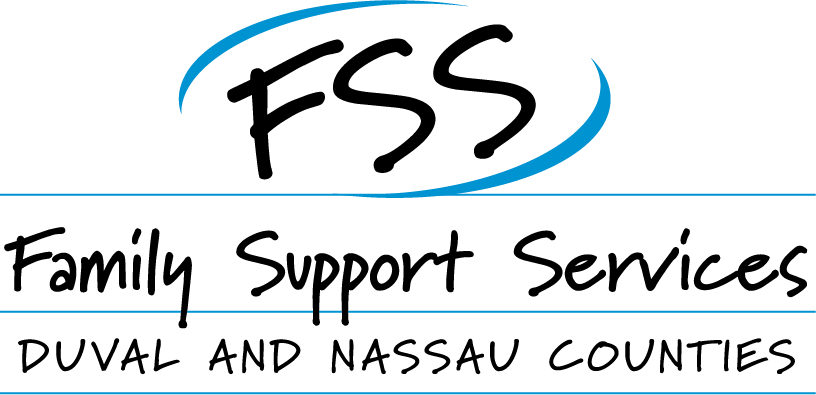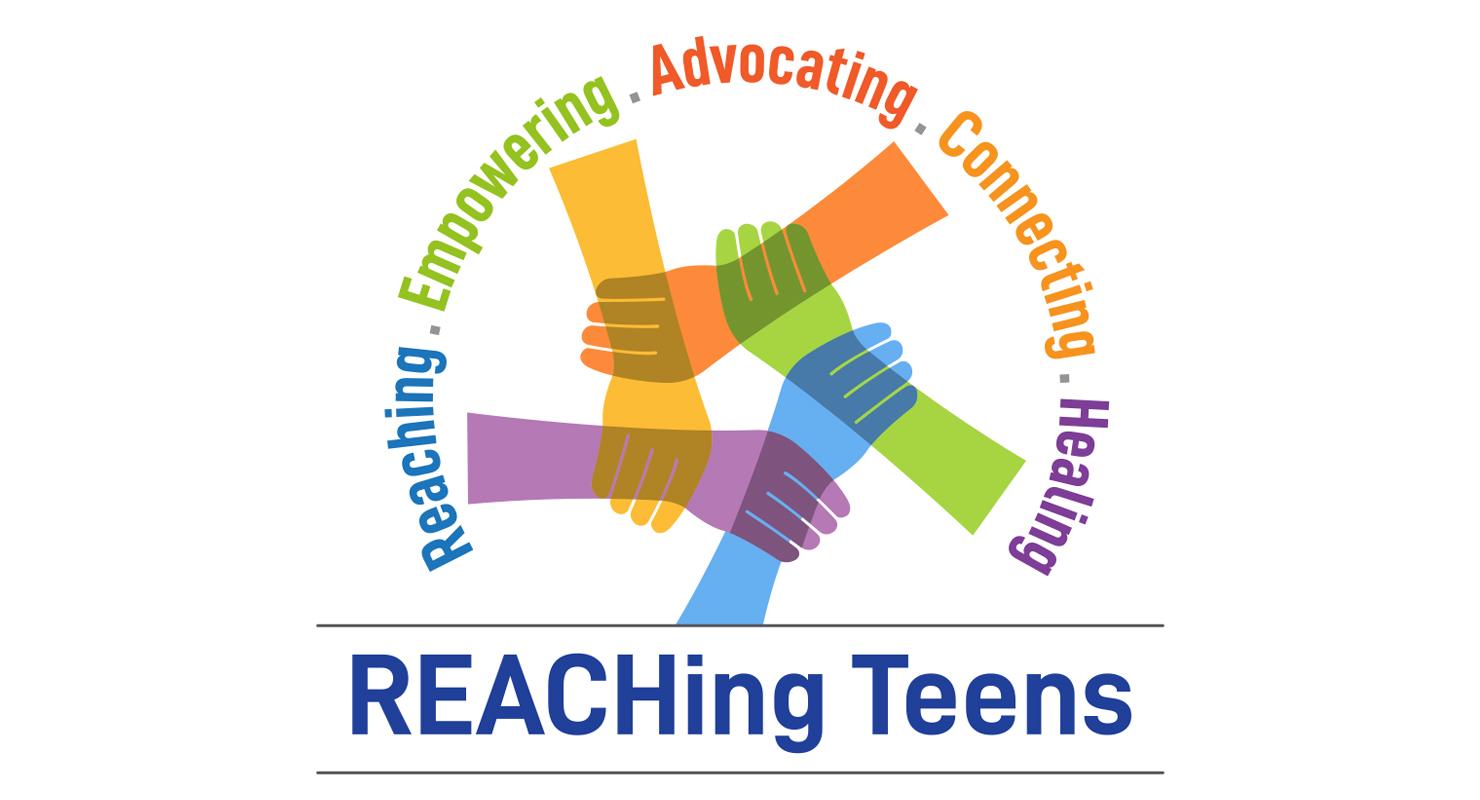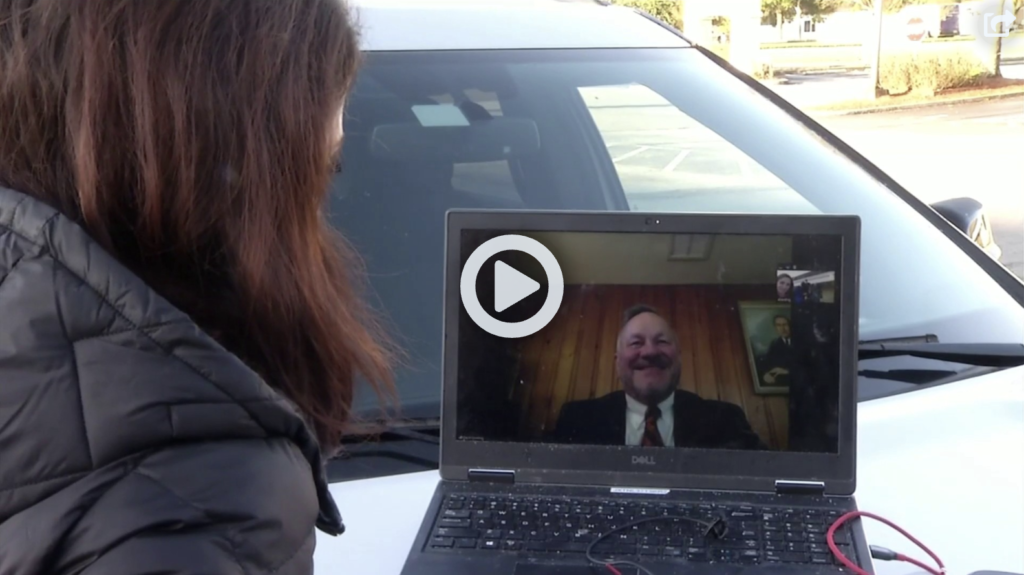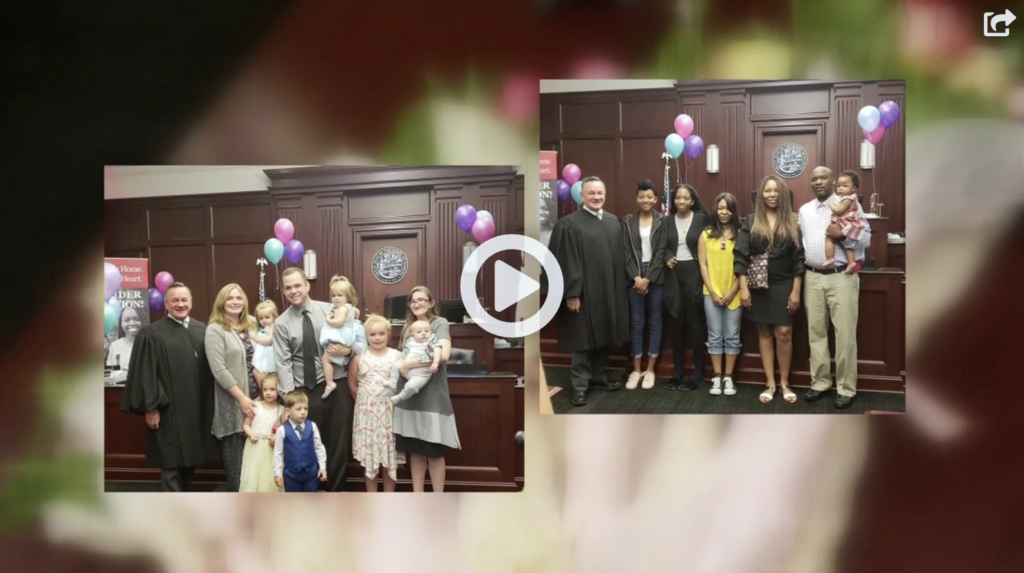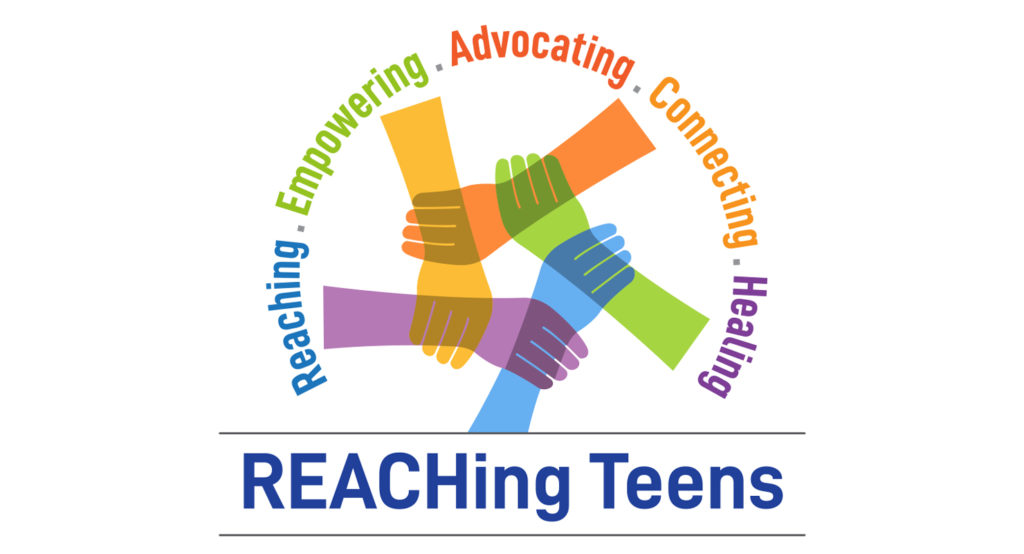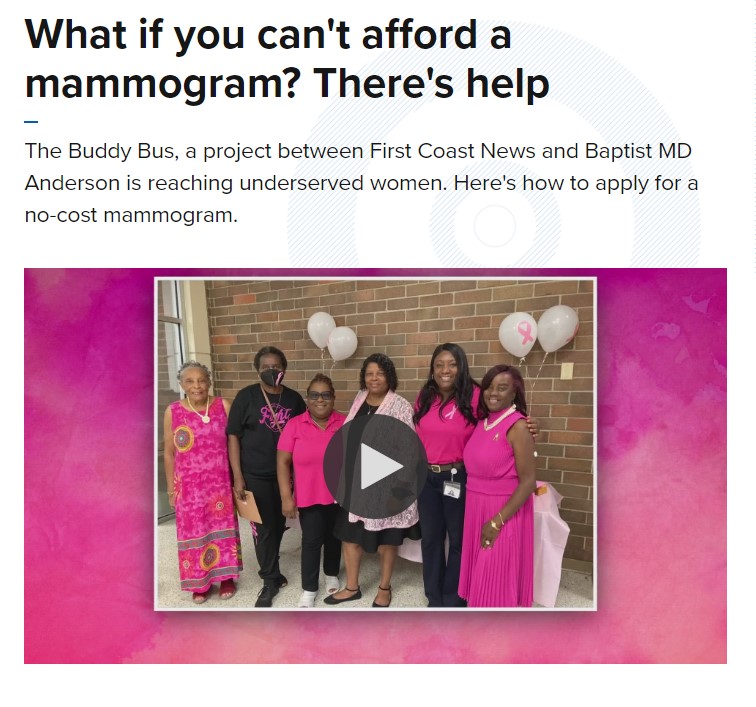In 2018, Family Support Services (FSS) investigated issues surrounding teens in foster care. The result was an eye-opening report on youth well-being (link to report attached in email) in Duval County, FL, concluding that trauma experienced by these teens needs immediate attention and a change in how we work with them.
The first step: create a Youth Well-Being Workgroup to lay the groundwork for an enhanced system of care focused on understanding the effect of trauma and how to positively influence behaviors that result from trauma.
The workgroup spent six months researching and analyzing the ways in which teens in foster care experience trauma, and the emotional scars it can leave. They also took a hard look at the ways FSS and its partner agencies can improve services for this significant population. Their reasoning: addressing trauma early can help foster teens understand and overcome challenges before leading to encounters with law enforcement, making poor choices, encounters that might otherwise add to the teen’s trauma and make life even more difficult.
One of the workgroup’s first accomplishments was to develop a framework that redefines how everyone—social workers, parents, the society at large and foster teens themselves—can understand the trauma dynamic. They summarized their work as the 4C Cycle of Healing Framework:
- Culture: Everyone is a healer
- Capacity: People, not programs, heal children
- Connection: Children thrive in safe relationships
- Care: There are no bad children, just bad behavior
Together, the initiative and framework will help create a more trauma-sensitive philosophy and behavioral approach toward foster youth.
Then they expanded the 4C Framework to include these fundamental beliefs: The
- Everyone in the child welfare system can help in the healing process. You do not have to be a therapist to be therapeutic.
- Healing is a process that may take a lifetime.
- People heal children, not programs and services.
- It is an act of love and respect to listen to children and spend time with them.
- Regardless of how a child acts, they should be treated with dignity and respect.
- Emotions are contagious. We can better serve children when we are emotionally grounded and self-regulated.
Along with FSS, the workgroup consists of advocates from Florida’s Guardian ad Litem Program, Daniel, National Youth Advocate Program, Children’s Home Society and Jewish Family & Community Services.
As an outgrowth of the workgroup’s efforts, FSS launched the REACHing Teens Initiative and is working to educate industry professionals, community leaders, foster parents and others who directly or indirectly work with teens in foster care. Learn more (link to the Reaching Teens section of website)
*The report was based on interviews with 85 stakeholders, including youth, foster parents and group home staff.

